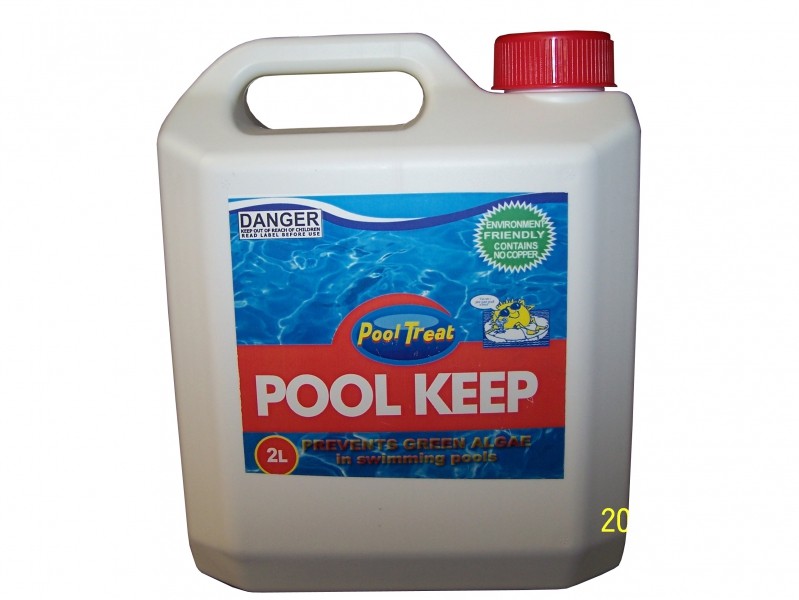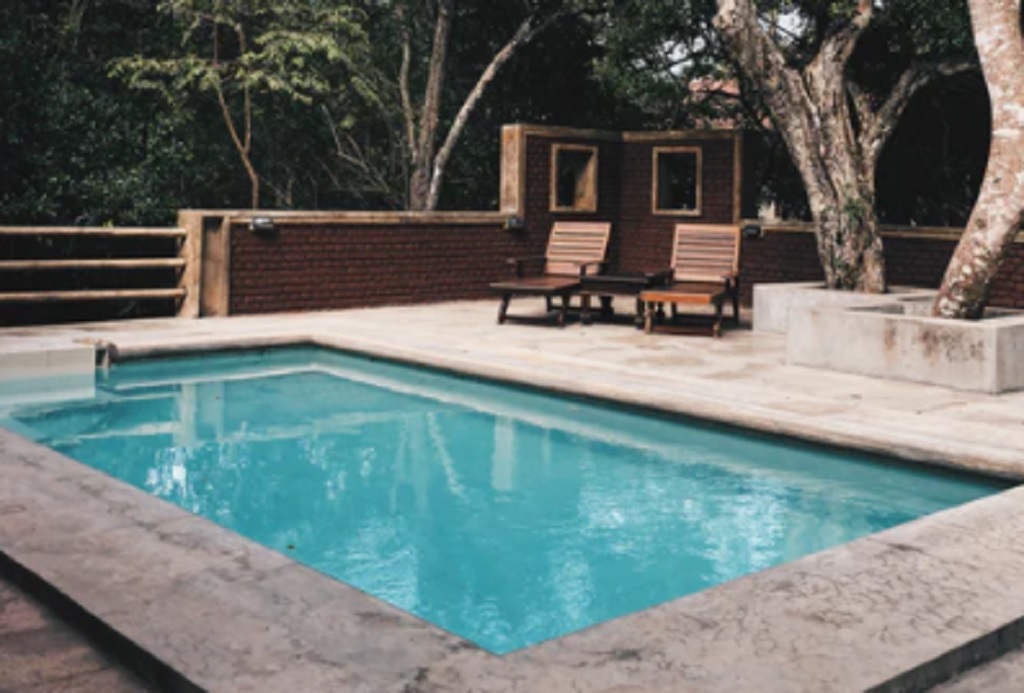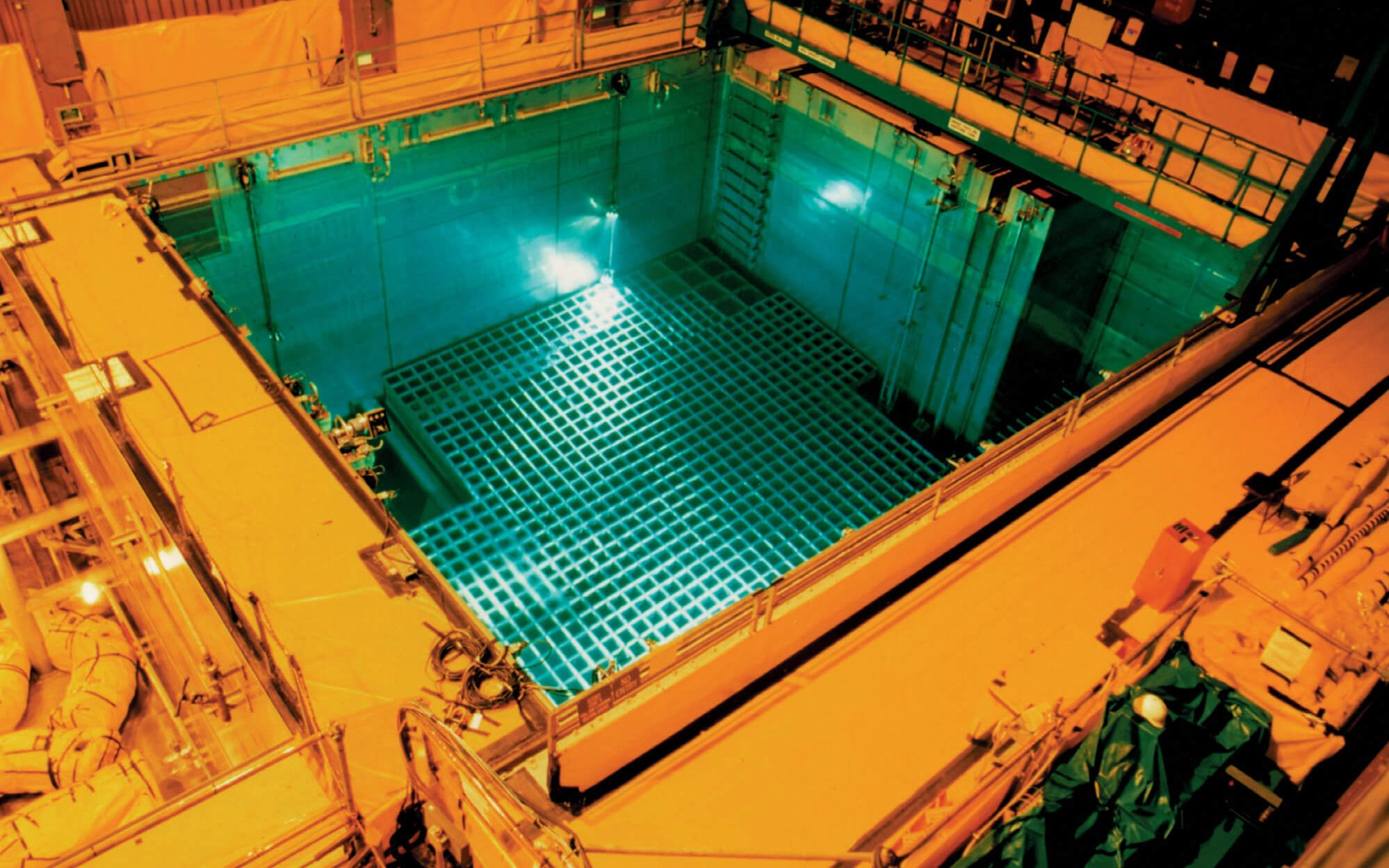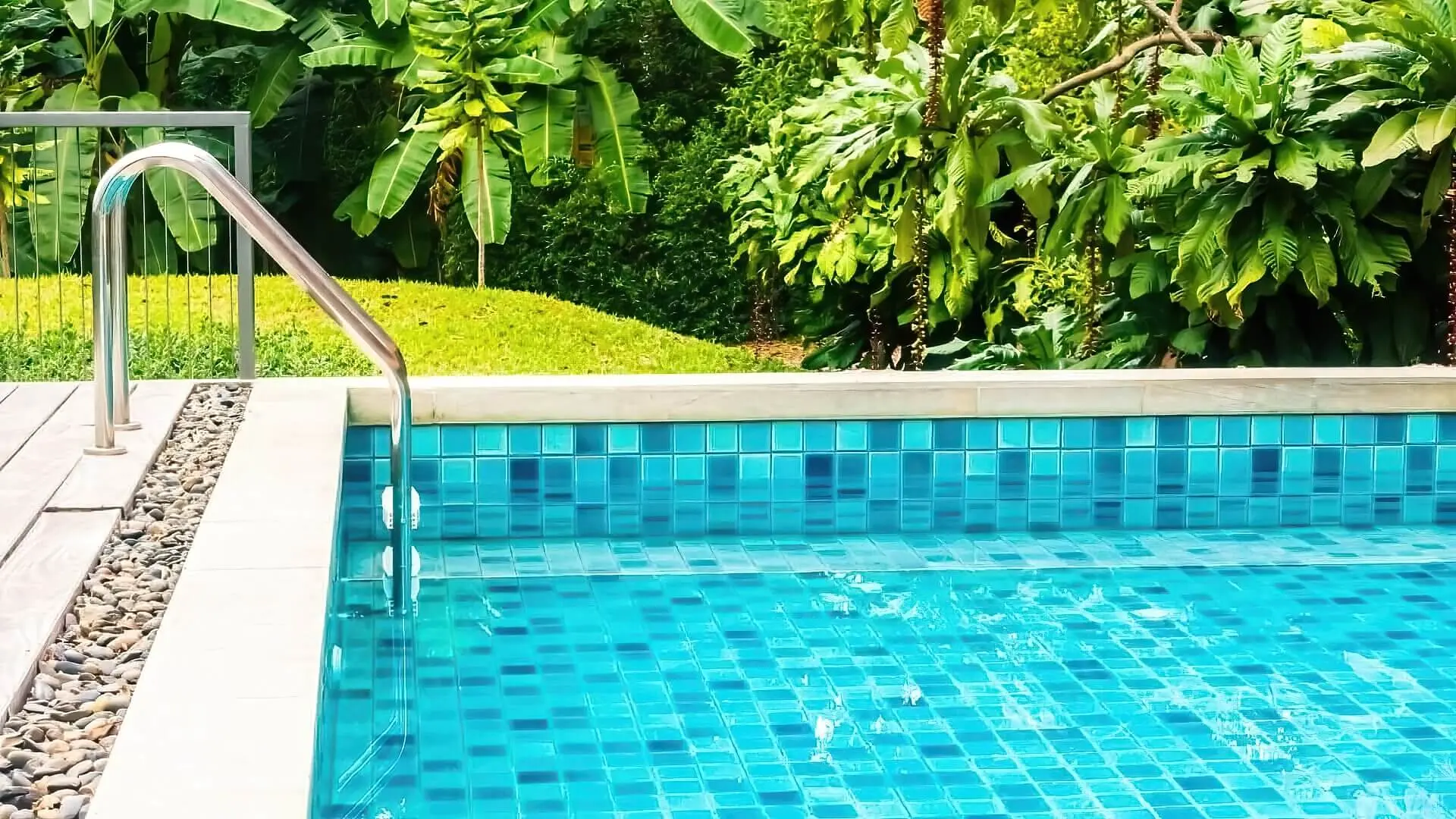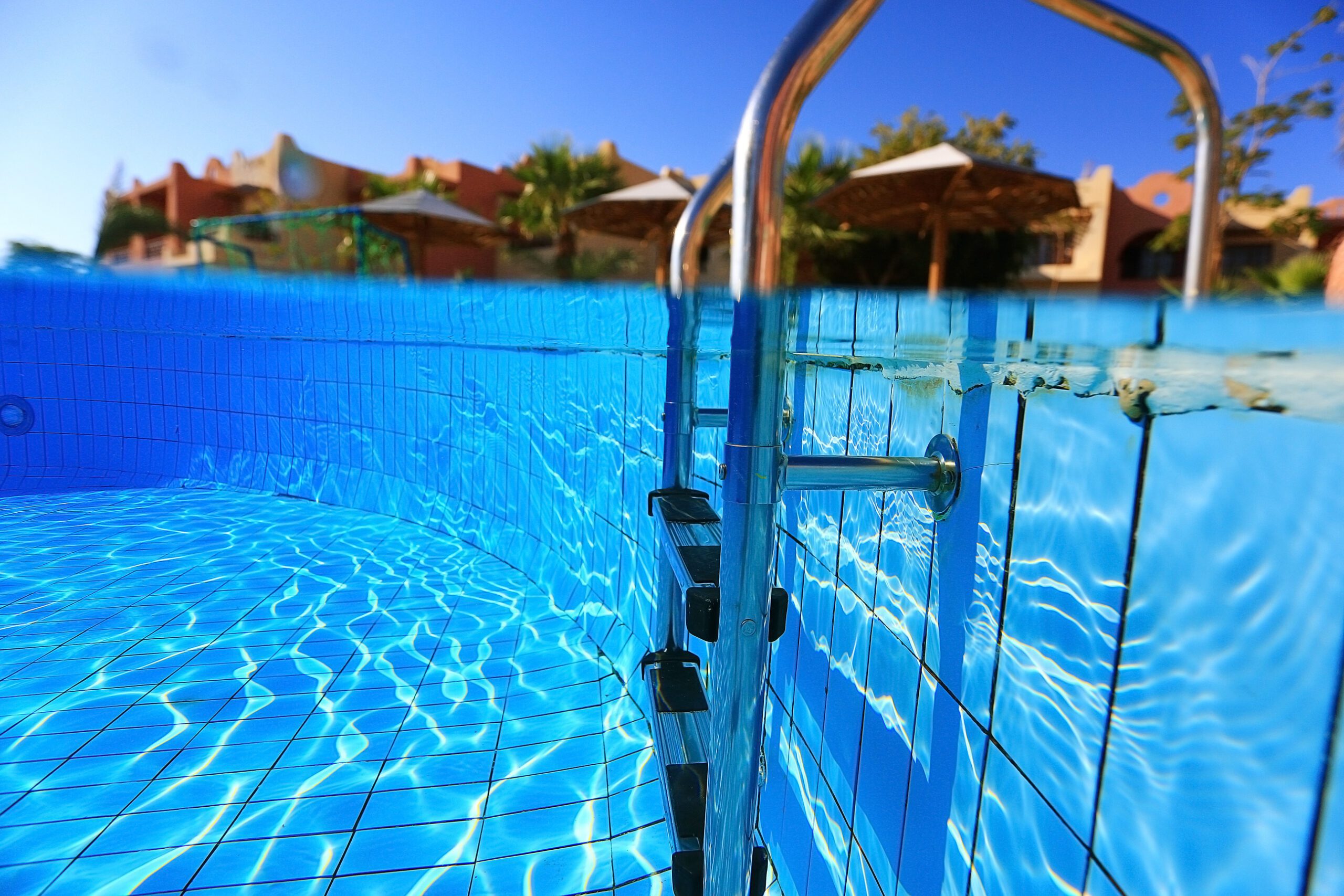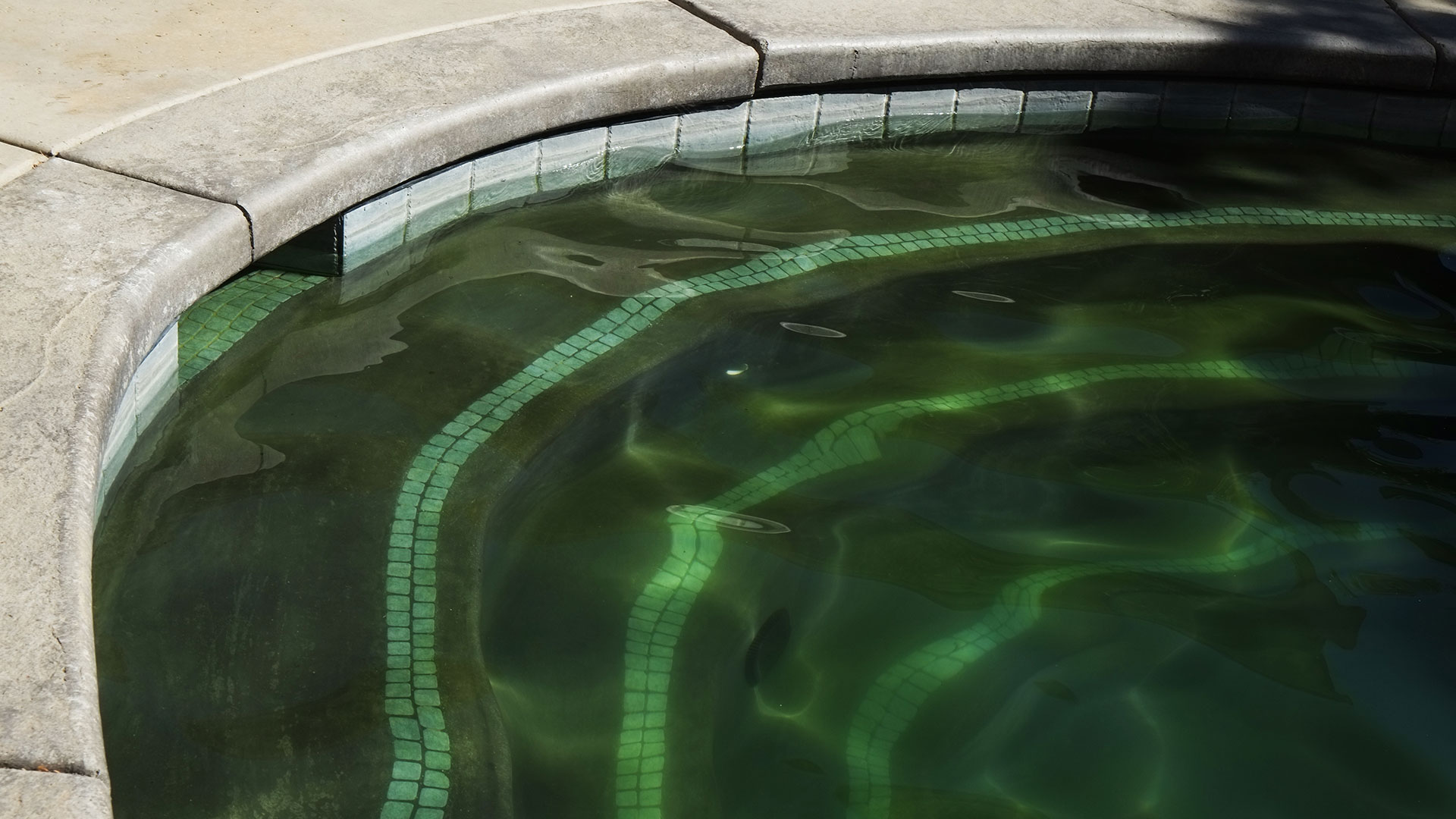Inspirating Info About How To Treat A Pool
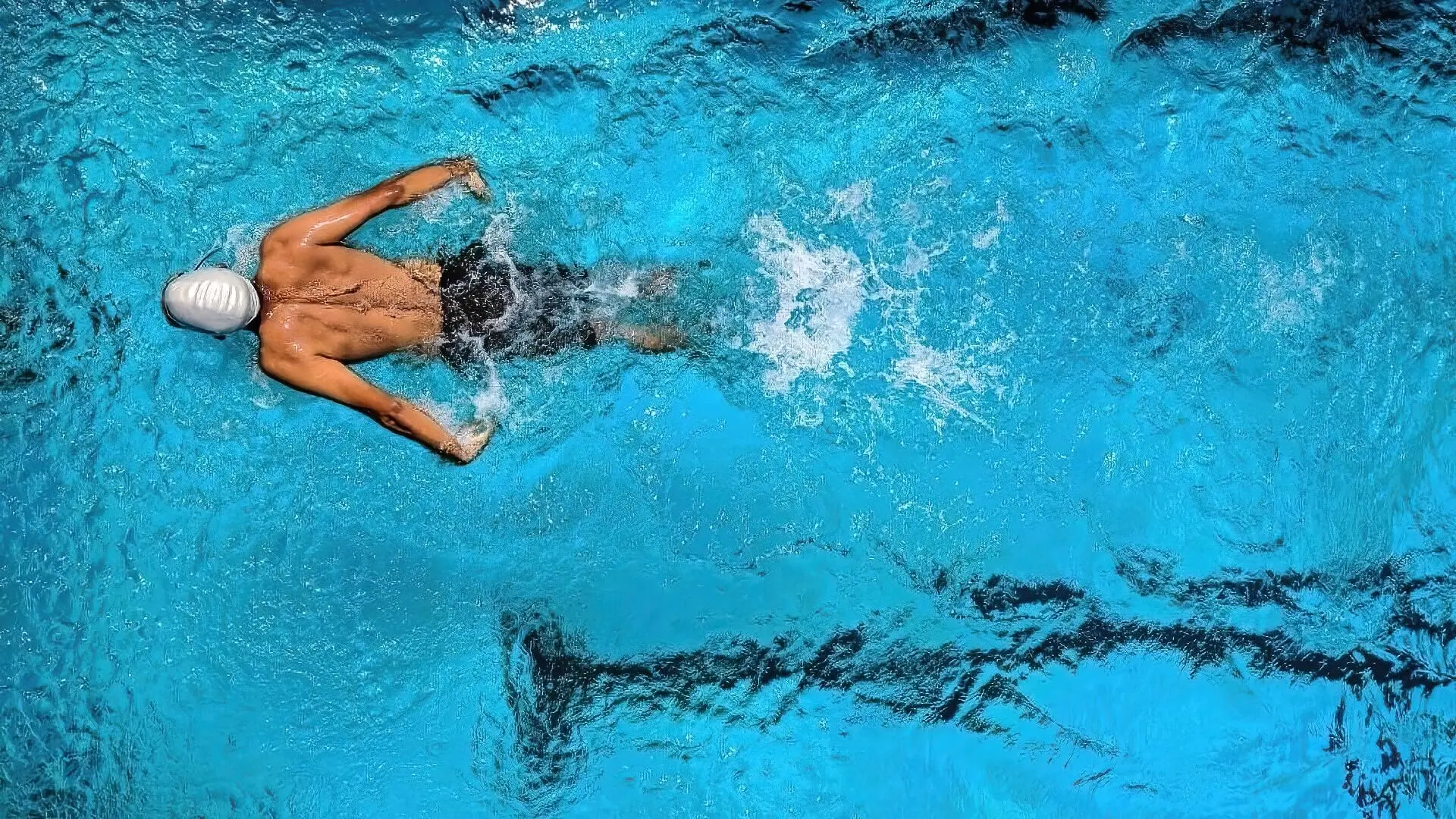
Chlorine helps keep a pool clean, and managing chlorine levels is an important aspect of owning a pool.
How to treat a pool. Use a chemical test kit to test the chlorine and ph levels and determine the extent of the problem. Chlorine the most popular pool sanitizer due to its efficacy and low cost, chlorine sanitizes your pool by oxidizing contaminants. And yes, it goes from bad to worse.
To lower the ph, add some muriatic acid or sodium bisulphate. One of the main causes of algae growing in a pool is if the ph of the water gets too high, because this prevents the chlorine from killing the algae. When chlorine levels drop below 1 ppm, it can cause algae to grow in the pool, turning the pool water green.
Balance and retest until you find the sweet spot. Clean your pool at least once per week. Pool chemicals you’ll need to shop for to treat your pool water for the first time include ph and alkalinity adjusters, calcium hardness increase, chlorine, cyanuric acid, and pool shock.
Step #2 shock the pool: The importance of a clean pool having a swimming pool in your own backyard helps you cool off on those hot summer days. 1 test and adjust the pool's ph.
Chlorine, salt or bromine pool shock water clarifier view all tools & materials note product costs, availability and item numbers may vary online or by market. To start up your pool, you’ll need to run your filter, adjust ta, ph, and calcium hardness, and add chlorine and cya. A combination of sewage interception and source control, aeration and oxygenation, a biological contact oxidation tank, and the construction of aquatic ecosystems was used.
Use a vacuum to remove debris from your swimming pool. Once your pool water is properly balanced, the time has come to add the shock. Any experienced pool owner will tell you that the most important tool for treating the pool water is a water testing kit or strip.
1test your swimming pool water. Well, the first step would be to actually know which chemical levels to look out for and how often they should be treated. Personally, i’d break cloudy water into three categories:
It surprises a lot of pool owners that they must clean their pool heaters every year. Generally, it is recommended that you treat your pool at least once a week, and more often if it gets a lot of use. If you notice the early stages of algae, it’s time to act fast.
Chlorine is necessary for any pool owner, but there are a few options on how to administer the chlorine. Weekly testing and regular pool maintenance can keep a pool filled with crystal clear water. Preventive measures to keep the pool clean.
Using a standard, nylon (very important) bristled pool brush. Chlorine comes in two forms: The type of pool water you use can also affect how often you need to treat it.
